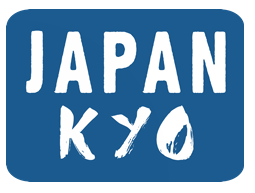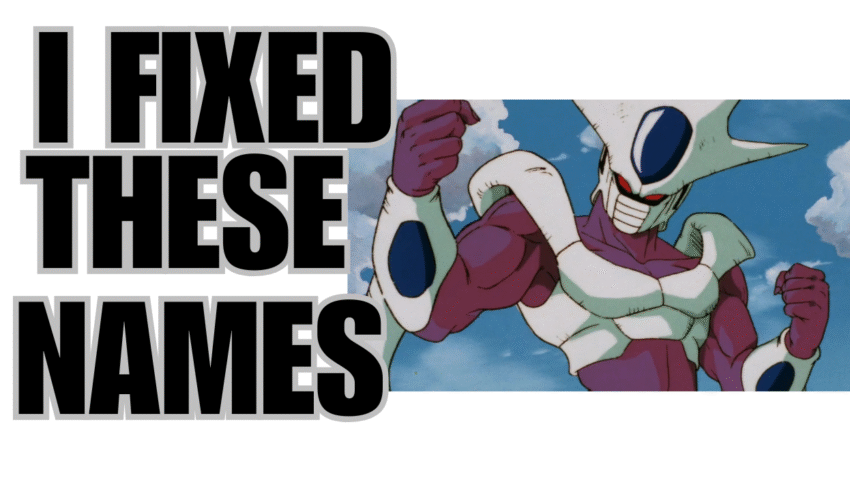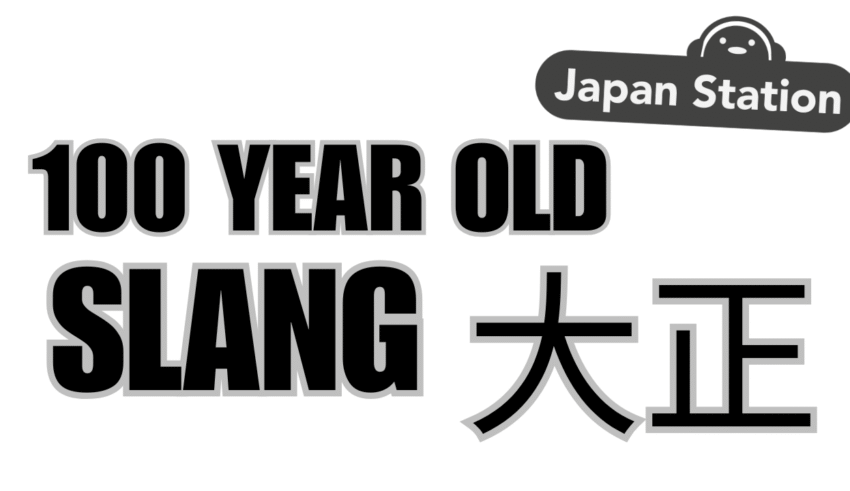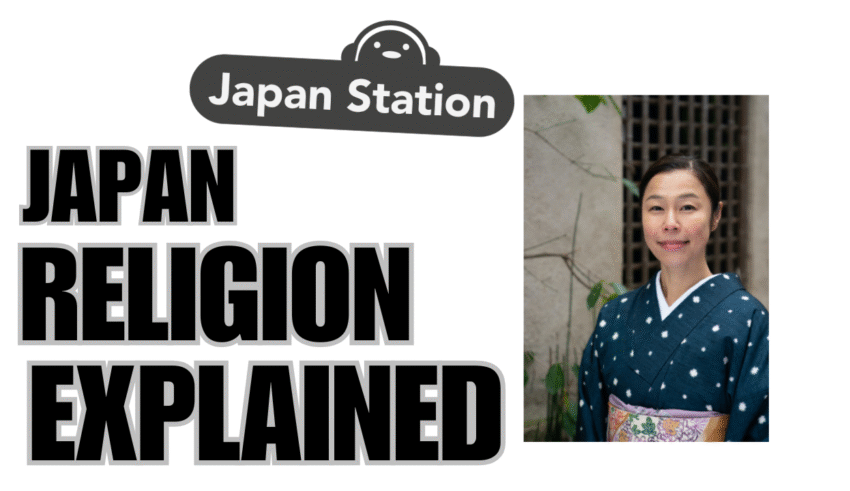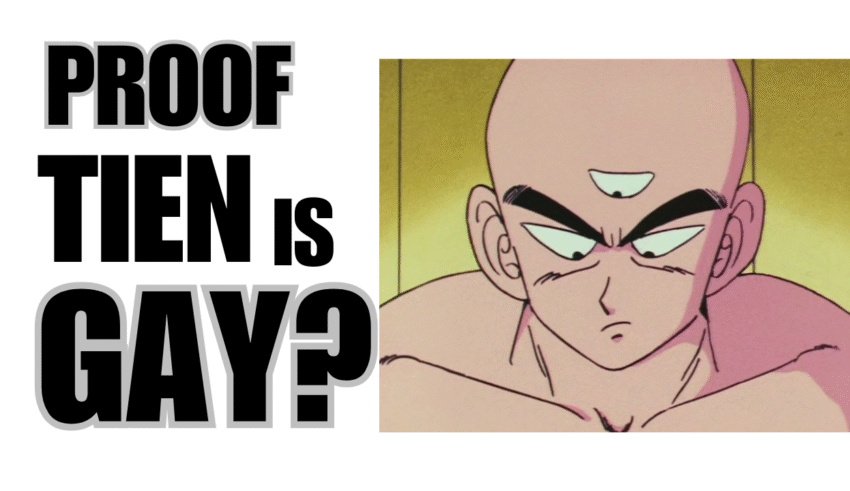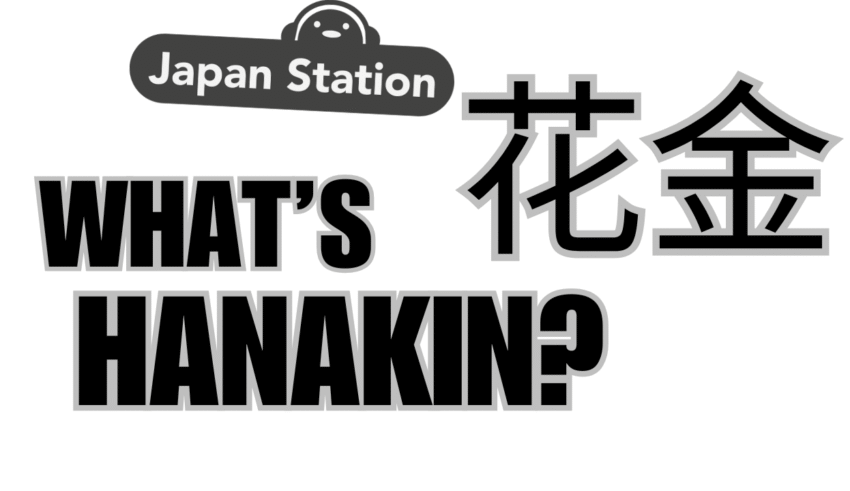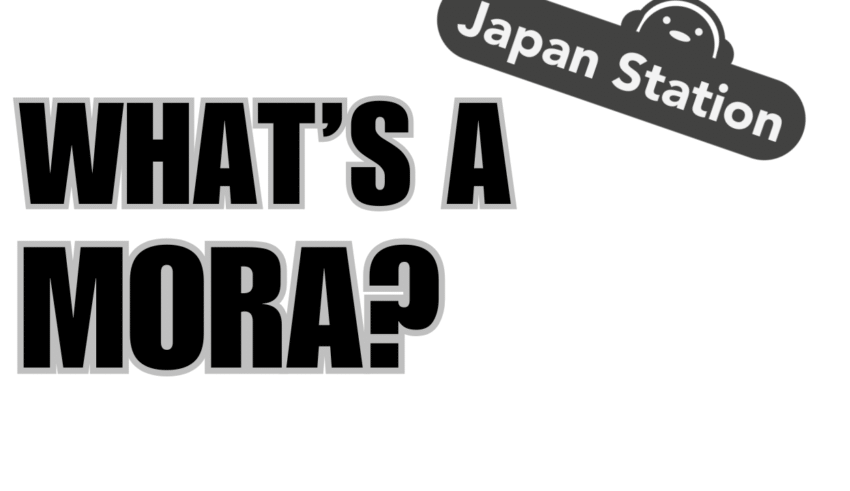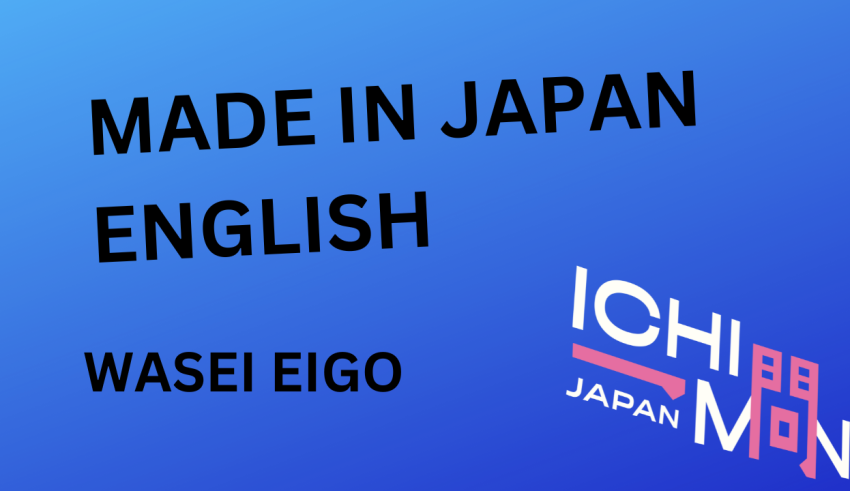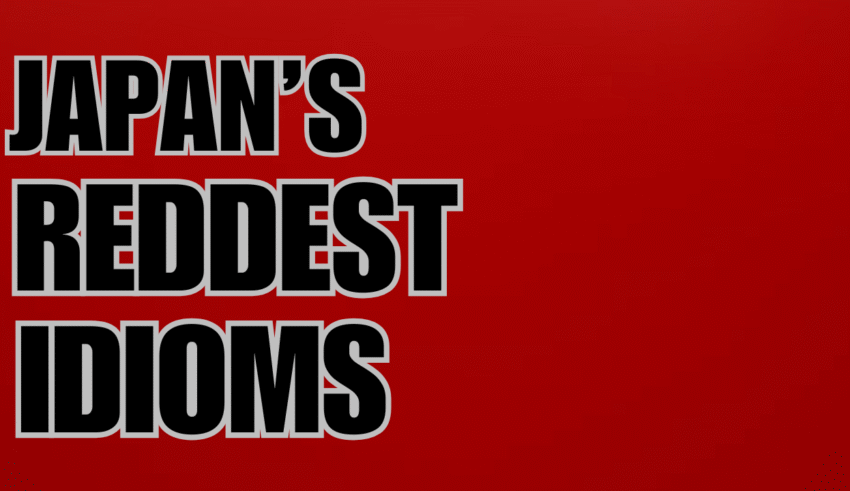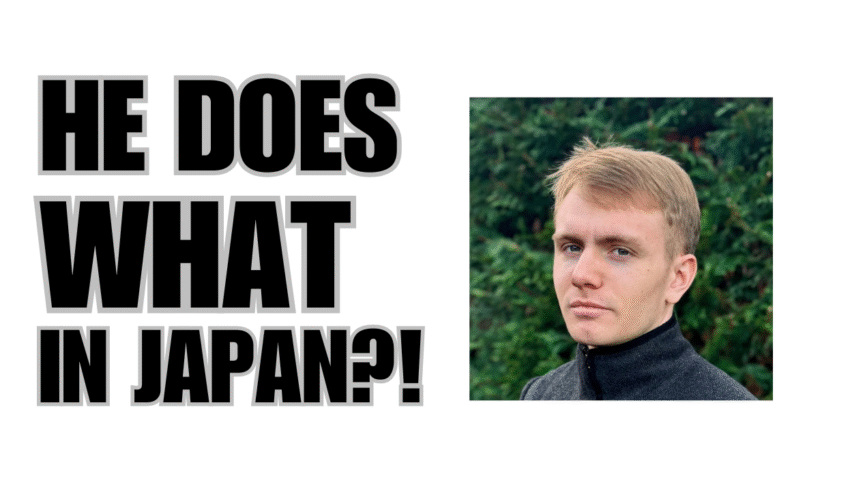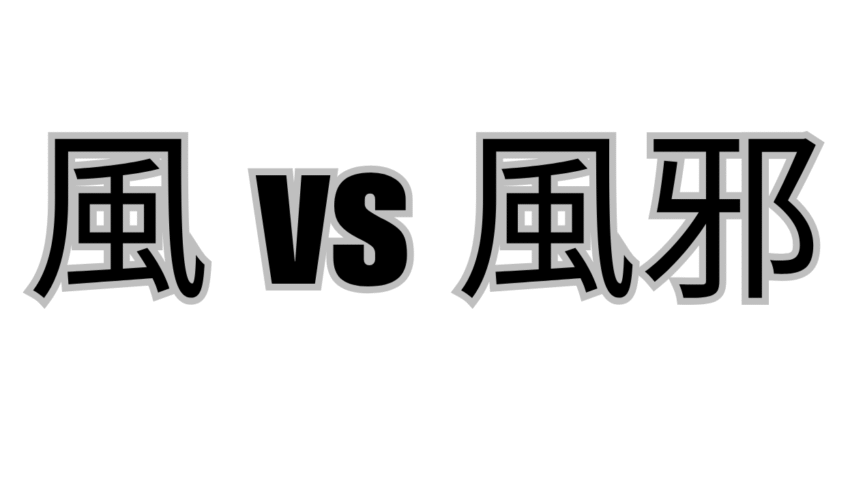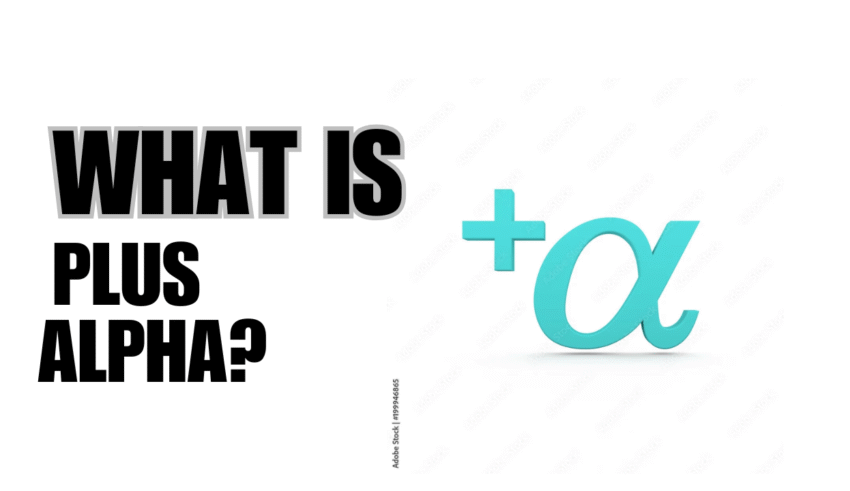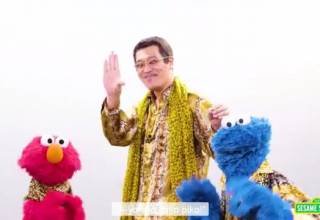On this episode of Japan Station, I talk about two peculiar words depakosu and puchipura. Also i talk a bit about the origin of the name of the anime Odd Taxi. 👉Topics Discussed What depakosu (デパコス) means What puchipura (プチプラ) means The origin of the name of the anime Odd Taxi (オッドタクシー) And much more! 👉Subscribe to the Podcast! Apple Podcasts: https://itunes.apple.com/us/podcast/japan-station-a-podcast-by-japankyo-com/id1440454968 Spotify: https://open.spotify.com/show/6lDoFFt4M0HyyKaVeDyKkB 👉Support on Patreon …
-
These Dragon Ball dub takes HURT to Read
-
How DBZ dubs RUINED Goku’s LAST words (to Buu)
-
How do Japanese names work? | Japan Station 196/Ichimon Japan 28
-
What the hell does “depakosu” mean? | Japan Station 195
-
Why life in Aomori is so DIFFERENT | Japan Station 194
-
Frieza, King Cold & Cooler: The ORIGINS of the Names of the Frieza Family [VIDEO]
-
The CRAZIEST Taishō era slang EXPLAINED! | Japan Station 193
-
10 Reasons You’ll Hate Living in Japan. Really? | Japan Station 192/Ichimon Japan 75
-
HOLY COSMOS! How DBZ dubs turned Vegeta into a JOKE
-
What is Frieza’s race called? (Dub only fans can’t answer this) [VIDEO]
Frieza, King Cold & Cooler: The ORIGINS of the Names of the Frieza Family [VIDEO]
In this video I take a DEEP dive into the names of the members of the Frieza family. Frieza, King Cold and Cooler, I break down the origin of their names AND I point out how they have problematic English names. Also I do the same for the Frieza’s Spanish name. AND I talk about an aspect of Cooler’s name …
The CRAZIEST Taishō era slang EXPLAINED! | Japan Station 193
On this episode of Japan Station, we go through a list of some of the most unique and interesting slang of Japan’s Taishō period (1912-1926). 👉Topics Discussed Popular Taishō era slang How polie during the Taishō era used to say moshi moshi Why it was an insult to call someone Mitsukoshi during the Taishō era What it was like during the …
Why “religion” in Japan doesn’t make sense (to Westerners): A Talk with Hiroko Yoda | Japan Station 189
On this episode of Japan Station, author Hiroko Yoda joins us to talk about the complexities of religious and spirituality in Japan, a topic she covers in her new book Eight Million Ways to Happiness. 👉Topics Discussed Why Hiroko Yoda was told to tell people she’s Buddhist before going to the U.S. to study abroad About “Yaoyorozu no kami” About the …
It’s well known that Tien has some of the most noteworthy and influential techniques in all of Dragon Ball. But did you know that he also has the gayest technique in Dragon Ball? Well, kind of. If you’re confused, don’t worry! In this video I talk about one of Tien/Tenshinhan’s most unique techniques: the Volley ball Fist. I also uncover …
Hanakin: What does it mean? (Dead Japanese Slang) | Japan Station 186
On this episode of Japan Station, I dig into the world of dead Japanese Bubble Era slang. Specifically, I talk about the term hanakin (花金). Also I talk about the days of the week during World War II in Japan. 👉Topics Discussed What is hanakin What hanakin means About the kanji used to write hanakin How I learned the days of the week in Japanese …
How Japanese terms get abbreviated! Explaining 4 mora words | Japan Station 181
On this episode of Japan Station, we’re talking about 4 more words in Japanese. What’s a mora? And why are there so many four mora words in Japanese? We talk about all taht and more! 👉Topics Discussed What is a mora? What’s the difference between a mora and a syllable The possible origins of nikujaga How Japanese love to shorten …
What is wasei eigo? (Funny “Japanese” English) | Japan Station 179/Ichimon Japan 71
On this episode of Ichimon Japan we ask: What is wasei eigo? (Funny “Japanese” English) Topics Discussed What wasei eigo is About English sounding words made in Japan tenshon ga takai pākā How SNS is not English arubaito nōtopasokon buraindotacchi misu misesu rippukurīmu hocchikisu OL sararīman (salaryman) shīchikin interi haiso furonto hōmu chakku majikkutēpu majikku majikkumirā Gpan jampāsukāto wagomu atakku …
Why LIES are RED in Japanese (Japanese idioms that use 赤/red) | Japan Station 178
On this episode of Japan Station, we’re talking about Japanese idioms involving the color red (赤, aka, seki). For example, have you ever wondered why lies are red in Japanese? Listen to find out! 👉Topics Discussed Japanese idioms involving the color red Why 真っ赤なウソ/makka na uso means a “complete lie” and what the color red has to do with lies …
He went to Japan to DESIGN FONTS?! (Daniel Kaihatsu) | Japan Station 176
On this episode of Japan Station, we’re talking about the history of font design in Japan, the history of the Nintendo font and how Daniel Kaihatsu became a type face designer in Japan. 👉Topics Discussed Why Daniel Kaihatsu became interested in learning Japanese How Daniel Kaihatsu became interested in Japanese font design About doing research for videos in Japanese language …
Kaze 風 vs Kaze 風邪! What’s the difference?! | Japan Station 174
On this episode of Japan Station, we’re talking about the difference between the Japanese word kaze (cold, 風邪) and kaze (wind, 風). Why do they share the same pronunciation? Are they related? Or is this all just a big coincidence? Listen to find out! 👉Topics Discussed About visiting Japan for the first time What the difference between kaze (風邪) and kaze (風) is The history …
What is “PLUS ALPHA?” The Meaning & Origin of the Japanese term purasu arufa/プラスアルファ | Japan Station 161
On this episode of Japan Station, I break down what the Japanese term “plus alpha” (purasu arufa/プラスアルファ) means and its possible origins. 👉Topics Discussed What does “plus alpha” (purasu arufa/プラスアルファ) mean? How you use the Japanese term purasu arufa プラスアルファ The most popular etymology of the term of purasu arufa Real world examples of purasu arufa in use About what …
